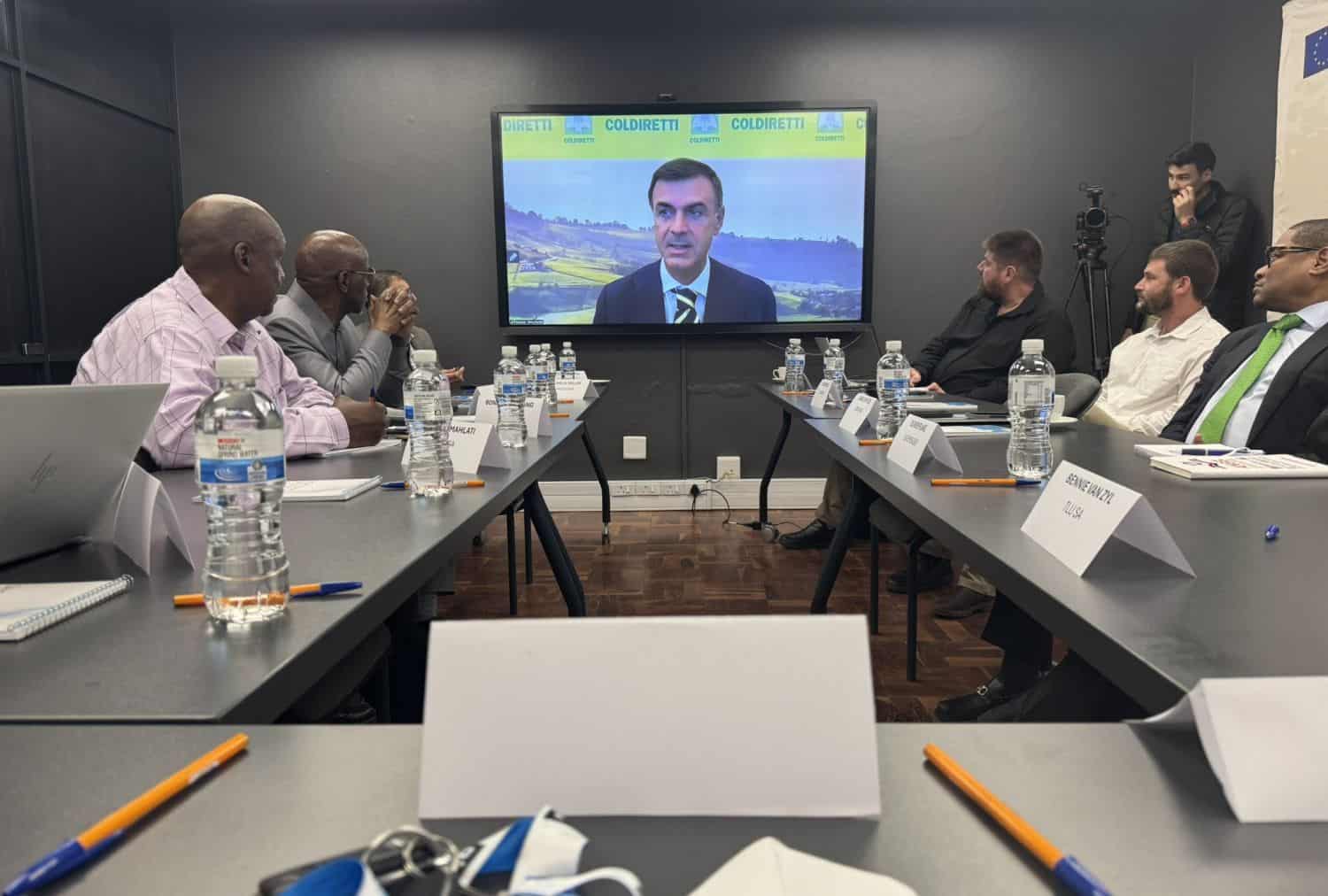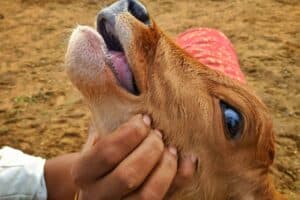Participants at the G20 event spoke about the importance of knowledge and resilience among farmers and the need for food security.

Farmers in South Africa are optimistic about the future of the agricultural sector, despite challenges such as drought, adverse weather conditions, tariffs and foot-and-mouth disease (FMD), with a slight recovery in the agricultural sector.
Earlier this week, the Southern Africa Agricultural Initiative (Saai) hosted the G20 Farmers Dialogue at the Stellenbosch University Faculty of Agricultural Sciences, which saw agriculture leaders from across the G20 countries and beyond participate in a two-hour hybrid event, which included delegates and digital participants from Europe, North America, Asia and Africa, ensuring that farmers added their voices to global policy debates.
The Farmers Dialogue focused on family farming, digitalisation, innovation and AI, livestock and proteins, and trade and food security. The contributions will form the basis of a farmers’ declaration to be tabled at the G20 Heads of State Summit in Johannesburg in November.
Family farms
Saai chairman Dr Theo de Jager said the dialogue ensures that the authentic voice of farmers will be heard at the G20 Summit.
“In a global food system under pressure from corporatisation, shifting trade regimes, and alternative proteins, family farmers remain the cornerstone of food security and rural life,” he said.
ALSO READ: ‘Not a side hustle’: Traditional leader calls for investment in small-scale farming
African Farmers’ Association of South Africa (Afasa) President AJ Tembu reiterated the importance of indigenous knowledge and resilience.
“Family farmers form the basis of food sovereignty. If we lose them, we risk food insecurity on a global scale. Technology must serve to strengthen, not replace, the foundation of family farming,” he said.
TLU SA chairman Bennie van Zyl stressed the local and global value of family farms.
“Family farming is the backbone of our rural communities and an indispensable link to global food security. Protecting family farms is not just a local matter – it is a global investment in stability, food security, and sustainability,” he said.
Van Zyl further highlighted the hard work of members and structures, saying that farmers demonstrate their resilience daily amid difficult circumstances.
“We continue to seek solutions, apply pressure where needed, and utilise opportunities that can serve both the farmer and the country. We want farmers to be able to work, make a profit, and plan with certainty. That is why we will never stop protecting the interests of the farmer and keeping the road to progress open,” he said.
Agricultural sector’s recovery
Agricultural Business Chamber of South Africa (Agbiz) Chief Economist Wandile Sihlobo was optimistic about the agricultural sector’s recovery in 2025 after a poor performance because of drought and animal diseases in 2024.
Sihlobo said one of the latest industries to post data of recovery was the table grape industry.
“The 2024-25 total harvest inspected is 78.9-million cartons, 4% higher year-on-year, according to data from the SA Table Grape Industry. Favourable weather conditions and better farming practices are the primary reasons for this. This year we also expect a robust harvest in other major fruits, such as citrus and deciduous fruits, which underscores the earlier point that at the farm level production conditions have been generally favourable; the focus now lies on export activity,” he said.
ALSO READ: Agricultural exports doing well so far despite US tariffs – but farmers dread next season
Pressure on livestock industry
Sihlobo said it wasn’t all sunshine and roses across the agricultural sector.
“The livestock industry continues to battle foot and mouth disease and the temporary closure of various export markets, for instance,” he said.
Sihlobo said it has placed immense financial pressure on the livestock industry, which was already struggling from the effects of the last outbreak and higher feed costs.
“This means while the field crops and horticulture are seeing a better recovery, the subsector that accounts for nearly half of the SA farming economy will continue to struggle, thus explaining my prediction of an uneven recovery,” he said.
NOW READ NEXT: ‘If you don’t want to pay more, use less’: Parliament debates new water caps for farmers






